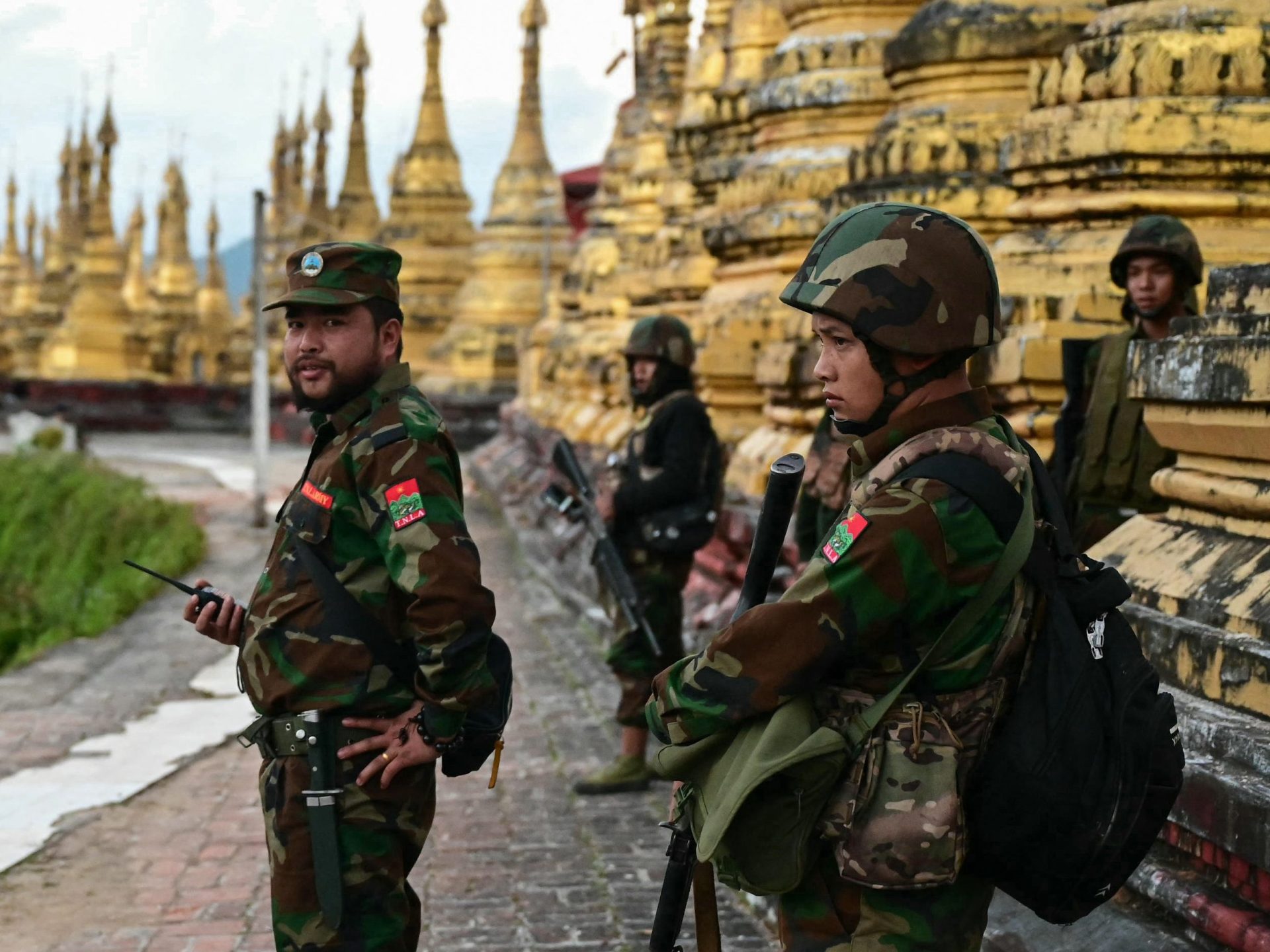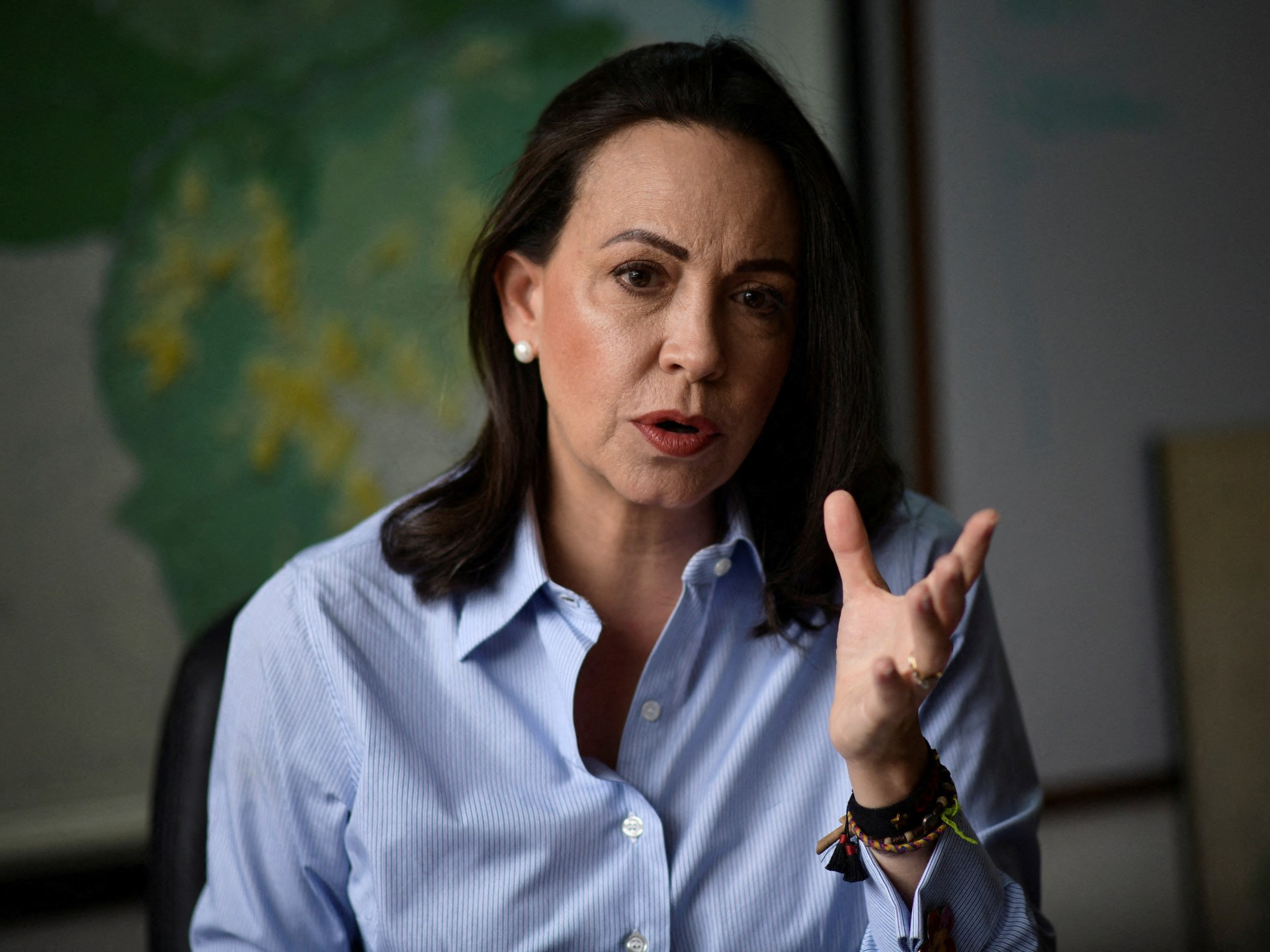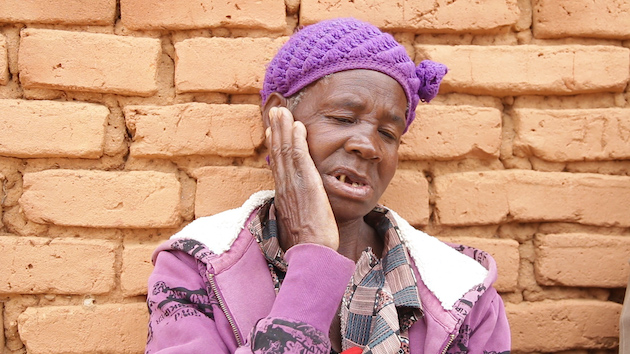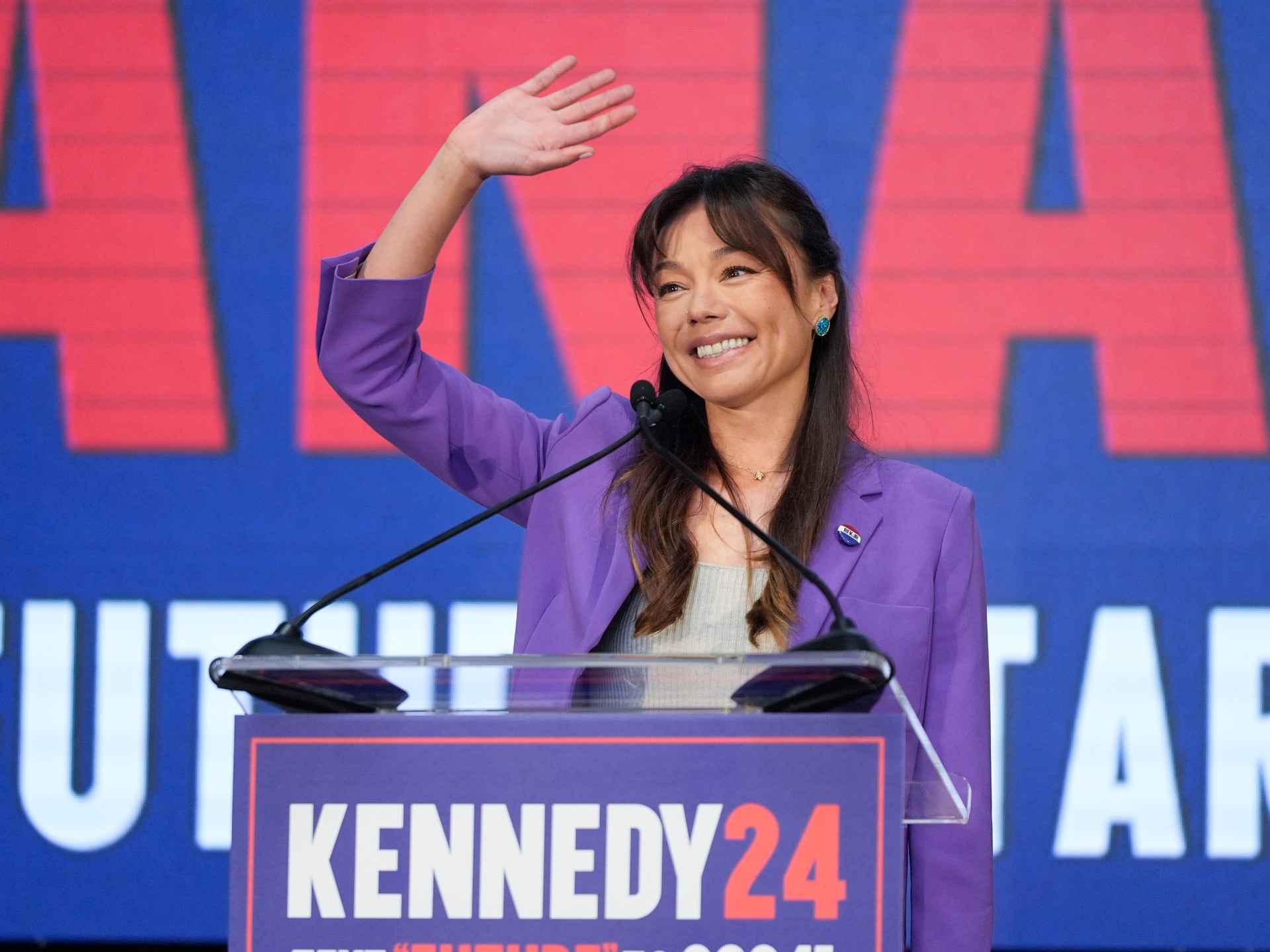Tight Colombian runoff pits former rebel, millionaire
Colombians are voting amid widespread discontent over rising inequality, inflation and violence. The dissatisfaction with the country’s conditions is such that in the first round voters turned their backs on the long-governing centrist and right-leaning politicians and chose two outsiders.
Petro, a 62-year-old senator, is in his third presidential campaign. A Petro victory would put an end to voters’ long-held marginalization of the left due to its perceived association with the nation’s armed conflict. Petro was once a rebel with the now-defunct M-19 movement and was granted amnesty after being jailed for his involvement with the group.
He has proposed ambitious pension, tax, health and agricultural reforms and changes to how Colombia fights drug cartels and other armed groups. He obtained 40% of the votes during last month’s election and Hernández 28%, but the difference quickly narrowed as Hernández began to garner the so-called anti-Petrista votes.
Petro could become the latest leftist political victory in Latin America fueled by voters’ desire for change. Chile, Peru and Honduras elected leftist presidents in 2021, and in Brazil, former President Luiz Inácio Lula da Silva is leading the polls for this year’s presidential election.
Meanwhile, the 77-year-old Hernández, who made his money in real estate, is not affiliated with any major political party and has rejected alliances. His austere campaign, waged mostly on TikTok and other social media platforms, was self-financed.
His proposals are based on a fight against corruption, which he blames for poverty and the loss of state resources that could be used on social programs. He wants to reduce the size of government by eliminating various embassies and presidential offices, turning the presidential palace into a museum and reducing the use of the president’s aircraft fleet.
Hernández surged late in the first-round campaign past more conventional candidates and shocked many when he finished second. He has faced controversies including saying he admired Adolf Hitler and then apologizing saying that he meant to refer to Albert Einstein.
Silvia Otero Bahamón, political science professor at the Universidad del Rosario, said that although both candidates are populists who “have an ideology based on the division between the corrupt elite and the people,” each one sees their fight against the establishment differently.
“Petro relates to the poor, the ethnic and cultural minorities of the most peripheral regions of the nation, who are finally taken into account and invited to participate in democracy,” Otero said. While Hernández’s supporters are “more ethereal, they are the people who have been let down by politicking and corruption. It is a looser community, which the candidate reaches directly via social networks.”
Polls show the large majority of Colombians believe the country is heading in the wrong direction and disapprove of President Iván Duque, who was not eligible to seek reelection. The pandemic set back the country’s anti-poverty efforts by at least a decade. Official figures show that 39% of Colombia’s lived on less than $89 a month last year, a slight improvement from 42.5% in 2020.
The looming change away from traditional presidential politics has stirred fears in some in this conservative, mostly Roman Catholic country. Many are basing their decision on what they do not want, instead of what they do want.
“Many people said ‘I don’t care who is standing against Petro, I’m going to vote for whomever represents the other candidate, regardless of who that person is,’” said Silvana Amaya, a senior analyst with the firm Control Risks. “That also works the other way around. Rodolfo has been portrayed as this crazy old man, communication genius and extravagant character that some people say: ‘I don’t care who I have to vote for, but I don’t want him to be my president.’”
Both men will have a tough time delivering on their promises as neither has a majority in Congress, which is key to carrying out reforms.
In recent legislative elections, Petro’s political movement obtained 20 seats in the Senate, a relative majority, but he would still have to make concessions in negotiations with other parties. Hernández’s political movement only has two representatives in the lower house, so he would also have to seek agreements with lawmakers, who he has alienated by repeatedly calling “thieves.”
Garcia Cano reported from Caracas, Venezuela.
Check out our Latest News and Follow us at Facebook
Original Source






